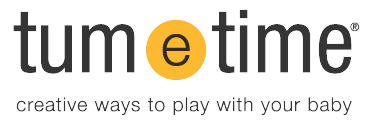I appreciate when families take the time to let me know about their experience in the Tum e Time class. All feedback is valuable, and the class has grown and changed over the past 15 years thanks to families suggestions along the way.
Here are some of the comments I’ve received recently:
~ “I just wanted to say that I really enjoyed your class, as I think did J., and felt it was great value for money. I loved the educational aspect and the fact that every week I learned something that I was excited to put into practice once I got home. The last class was particularly helpful (and quite honestly inspiring).”
~ “Thanks again for the wonderful class. Gives me lots to think about and remember.”
~ “Just a quick note to thank you so much for our wonderful class! We all got so much out of it, and I really enjoyed not just the information and ideas but your friendly, relaxed way of presenting everything.”
~ “W. and I had a brilliant time. I’ve been reading your blog, which is a fantastic way to stay connected to all the ideas you shared and is great material for Daddy.”
Thank you all for attending! I can’t wait to connect with new families each month, please let me know if you have any questions about the class.
